AI Can Now Make You Immortal – But Should It?
3 March 2023
For as long as we’ve been around, human beings have fought against the inevitability of death. This struggle has given rise to religions that have dominated human culture for millennia and has been central to philosophies that have shaped our civilizations.
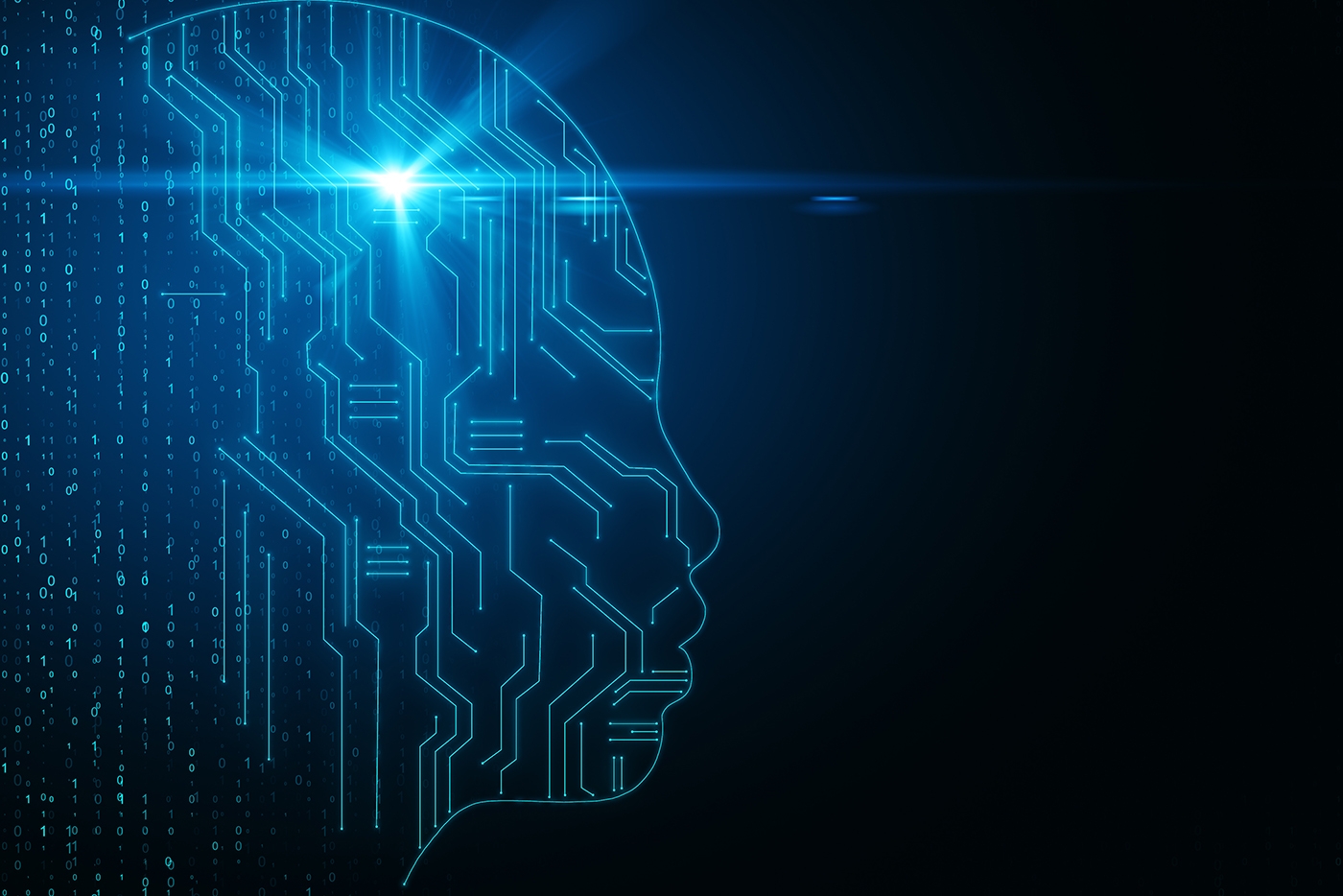
But might it be the case that a scientific solution to immortality is finally in sight? In recent years, artificial intelligence (AI) has evolved to the stage where it looks set to revolutionize every aspect of our lives. It may just be possible that it's going to change the way that we think about – and perhaps even experience – death, too.
Science fiction has given us several examples of situations – mostly horrific - where human minds can be uploaded to machines, effectively allowing us to outlast our mortal, fallible bodies.
But recent research and developments have shown that this technology might be closer than we think. Even more presently, others are attempting to preserve elements of our personality and minds so that, at least in some capacity, we can remain a part of the lives of those we leave behind.
So, let’s take a look at some of the options that are – or will be – on the table for those of us with a desire to evade the reaper’s blade.
Living Memories
Back in 2020, a Korean documentary crew worked with VR producers to allow a grieving mother to “reunite” with her dead daughter. It was a process that divided opinion, with many considering it ghoulish. However, the mother herself reported that the experience helped her through her grieving process and that she had no regrets about going through with it.
This encounter was scripted, and although the graphics were super-realistic, the opportunity for Jang Ji-Sung to interact with the deceased seven-year-old was limited.
Just a few years later, however, another company (also South Korean) has demonstrated technology using AI that will potentially allow anyone to converse and interact with the dead as if they were in the same room (or at least, as if they were on a video call with them).
Deep Brain AI showed off its Re;Memory platform at this year’s CES show. Essentially, it works by taking video footage of facial movements along with voice recordings and applying algorithms that generate new footage of whatever interactions are needed.
At the moment, it’s reported that the process of creating the 3D representation of the person will cost around $10,000, and there will then be a $1,000 fee for an hour-long meeting. As it doesn’t react in real-time, the conversation must be agreed upon in advance.
However, it seems a safe bet that in the near future this technology will converge with natural language platforms such as ChatGPT, enabling us to have real-time conversations with the deceased.
The idea has certainly attracted its fair share of criticism, with some claiming that this is simply profiteering on grief or intruding into the grieving process of those that are left behind. But others agree that it’s an idea that’s worth considering, particularly if it helps us cope with the grieving process.
There's a chance the benefits will not end there, though – what if it can prevent valuable experience and expertise from being lost due to the inconvenient certainty of mortality?
Digital Immortality?
If he was still around, would Einstein be able to build on the advances in our knowledge of physics that have been made since he died to solve some of the problems that today’s scientists are still struggling with? Would Washington or Gandhi have been able to broker a peace deal that would put an end to conflicts the world raging around the world today? What kind of movies would Shakespeare be writing if he had not yet shuffled off this mortal coil?
There's no way of knowing, of course, because the potential of those people to do good in the world ended at the same time as the electrical activity stopped in their brains.
But some have proposed that if we capture enough data during someone’s life, it might be possible to keep them around indefinitely after their physical brain has gone. This may not be as difficult as it sounds – Microsoft researchers Gordon Bell and Jim Grey have estimated that logging every conversation that a human has over their entire lifespan would only require around one terabyte of storage.
Running a “digital twin” of a deceased person would allow us to continue to benefit from their wisdom as long as it’s necessary. As we’ve been shown possible with machine learning, there’s no reason that the "person" would have to stop absorbing more knowledge and improving their understanding of the world.
Of course, the obvious extension of this line of thinking is, why wait for them to die? If we can replicate someone after death, then we can replicate them while they are still alive. We could have 10 or 100 Einsteins, all working on solving different physics problems, or an individual Shakespeare for every person on Earth, dedicated to creating personalized stories and plays to keep them entertained. Running a business and don't have enough time to spend at home with your family? No problem, set your digital twin to work, keeping your empire running while you concentrate on what’s really important.
Some of these ideas are encapsulated in the concept of digital eternity, an MIT research project that aims to explore the technological and philosophical requirements of creating digital twins that would effectively let us live forever.
Should We, Though?
It’s worth bearing in mind that when photography and then filmmaking were new technologies, both were presented by academics and philosophers as possible solutions to the problem of mortality.
From a philosophical point of view, it's often pointed out that death has always been a natural part of life, and there's no real way of knowing what sort of effects it might have on our species and on society if we were to eliminate it. Evolution enables us to come up with new ideas as new brains emerge that are better tuned to cope with the realities of everyday life.
On the other hand, others posit that we might behave better if we knew that we are going to be around forever – or at least for a very long time – and can’t expect to eventually escape the consequences of our actions through death.
One thing that’s certain is that death is a problem we’ll never stop trying to solve, and as new technologies like AI, digital twins, and virtual reality redefine our lives, we’ll keep thinking of ways that they might also redefine our deaths.
Perhaps with some technological assistance, some of you reading this may one day live on to see what attractions the future has in store – such as the Earth being swallowed by the sun in seven billion years’ time, or with the death of the universe, far further into the future.
Related Articles
The 4 Myths Holding Back The AI Revolution, According To Nokia Bell Labs
By now, “smart” versions exist of just about every home appliance, gadget and gizmos we can think of. However, manufacturers continue[...]
Dreamforce 2025: Why I’m Excited About Salesforce’s Agentic Enterprise Revolution
By now, “smart” versions exist of just about every home appliance, gadget and gizmos we can think of. However, manufacturers continue[...]
Robots And AI Are Rewriting The Future Of Surgery
By now, “smart” versions exist of just about every home appliance, gadget and gizmos we can think of. However, manufacturers continue[...]
The 8 Biggest AI Trends For 2026 That Everyone Must Be Ready For Now
By now, “smart” versions exist of just about every home appliance, gadget and gizmos we can think of. However, manufacturers continue[...]
AI, Consciousness And Longevity: A Conversation With Deepak Chopra
By now, “smart” versions exist of just about every home appliance, gadget and gizmos we can think of. However, manufacturers continue[...]
AI Chatbots Are Quietly Creating A Privacy Nightmare
By now, “smart” versions exist of just about every home appliance, gadget and gizmos we can think of. However, manufacturers continue[...]
Sign up to Stay in Touch!
Bernard Marr is a world-renowned futurist, influencer and thought leader in the fields of business and technology, with a passion for using technology for the good of humanity.
He is a best-selling author of over 20 books, writes a regular column for Forbes and advises and coaches many of the world’s best-known organisations.
He has a combined following of 4 million people across his social media channels and newsletters and was ranked by LinkedIn as one of the top 5 business influencers in the world.
Bernard’s latest book is ‘Generative AI in Practice’.




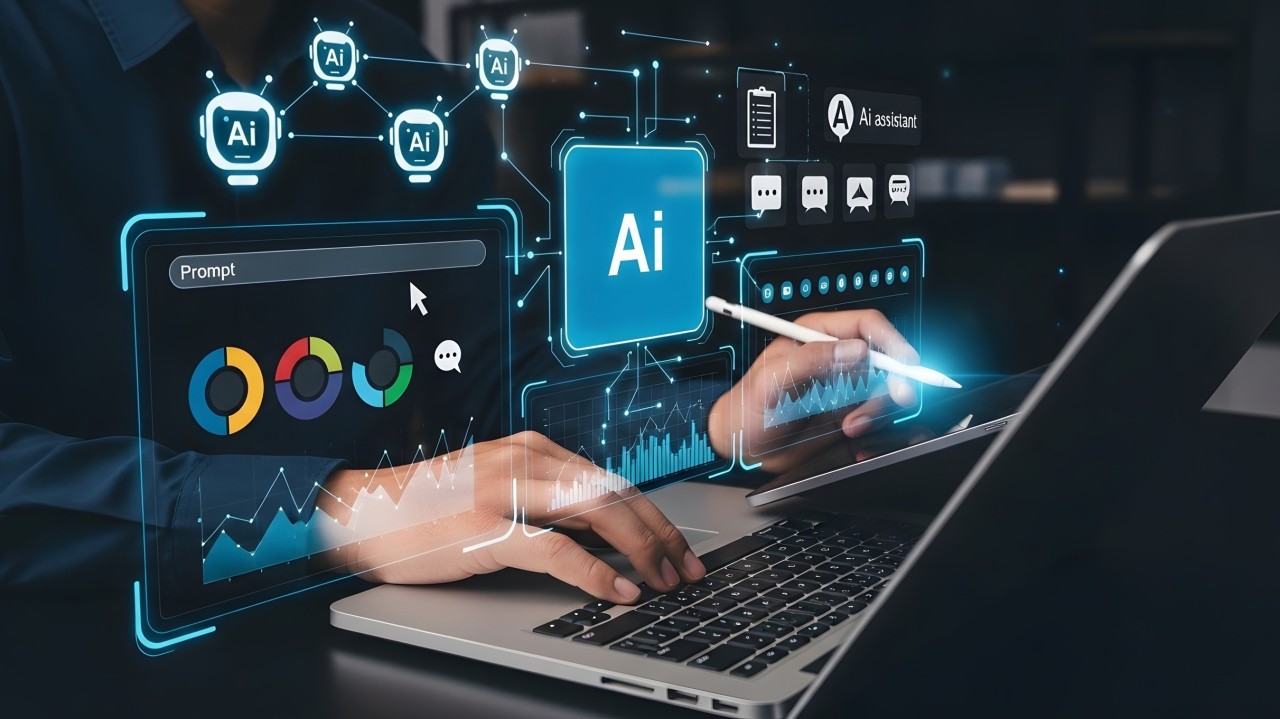
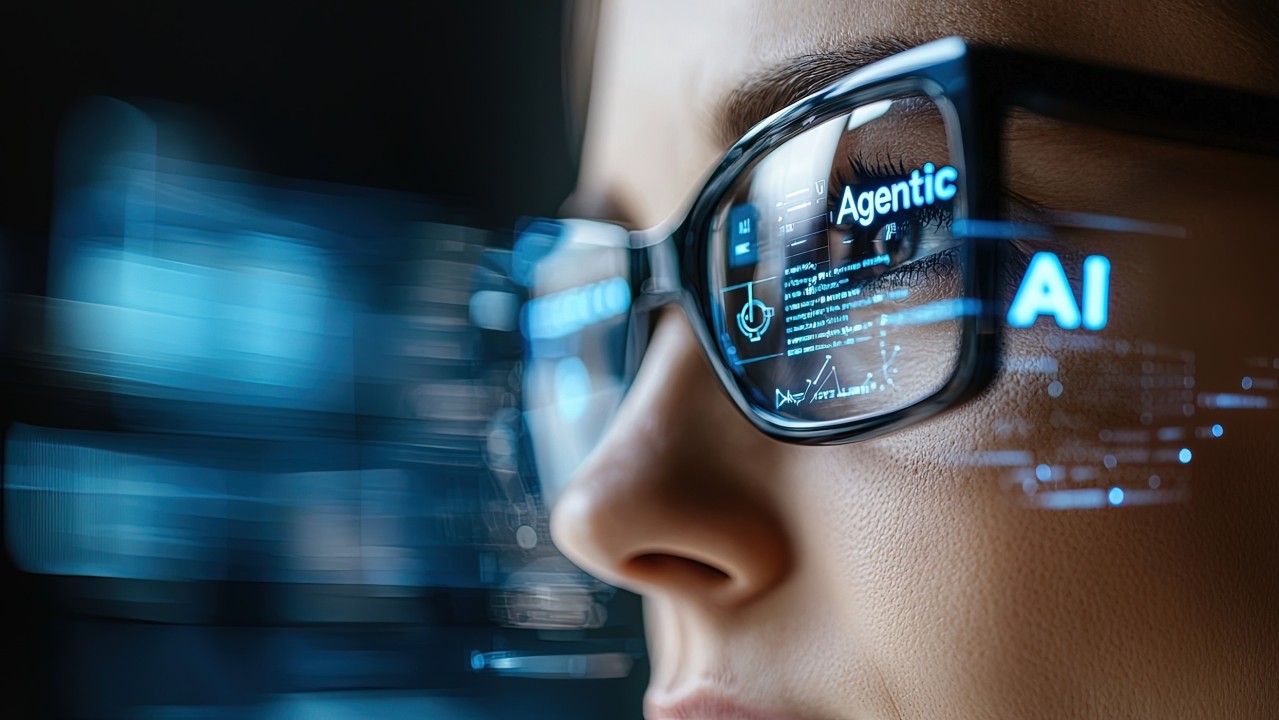
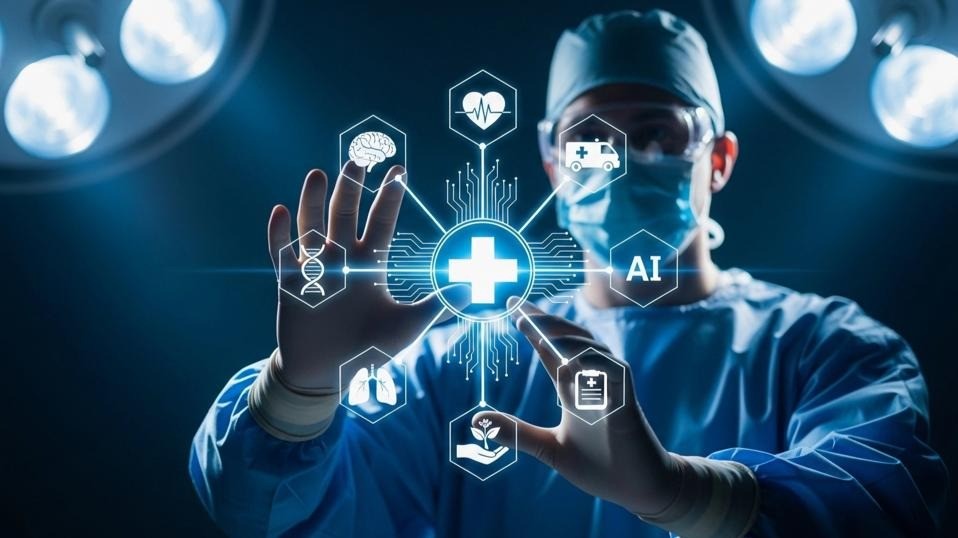


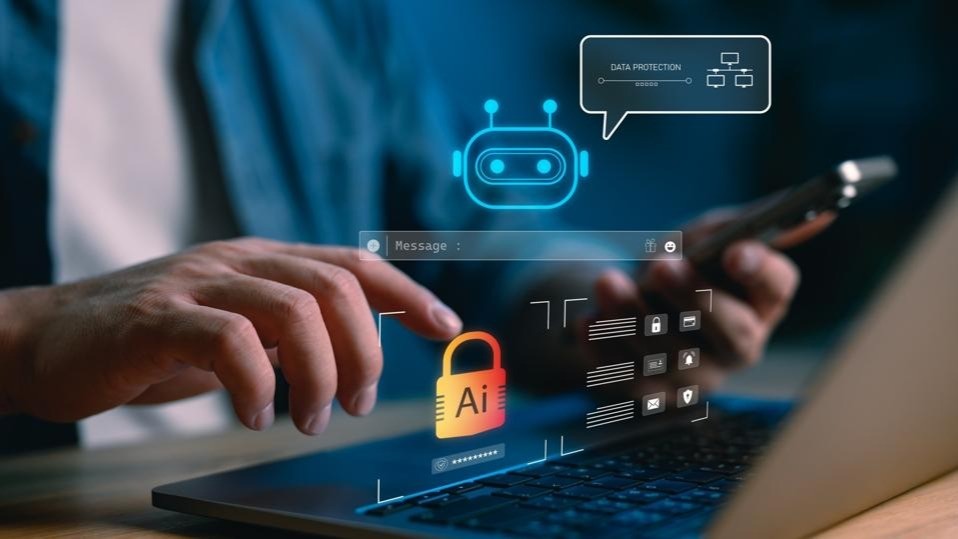
Social Media